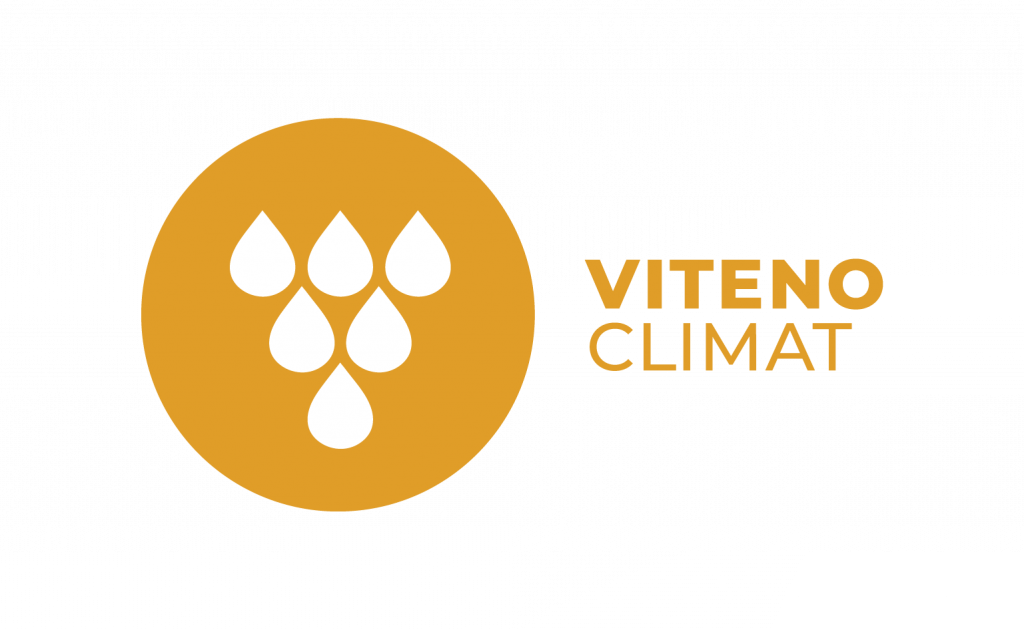VitEnoClimat – Improving the educational background of viticulture and enology to mitigate the negative impacts of climate change
General Description:
The project aims to promote cooperation between different European universities in the field of viticulture and oenology to respond to the future challenges of climate change in the wine sector, in order to mitigate its negative effects at global and local level. This is a common need for all stakeholders in the wine sector (wine producers, research and education, students, local businesses and policy makers).
| Reference | 2021-2-HU01-KA220-HED-000050361 |
| Action Type | KA220-HED – Cooperation partnerships in higher education |
| Project’s Title | Mejorando la formación en viticultura y enología para mitigar los impactos negativos del cambio climático – Improving the educational background of viticulture and enology to mitigate the negative impacts of climate change |
| Acronym | VitEnoClimat |
| Start Date | 01.04.2022 |
| End Date | 01.04.2025 |
| Total Duration | 36 months |
| Coordinator | Eszterhazy Karoly Katolikus Egyetem (Hungary) |
| Partners | Universidad de Cádiz (Spain)
Universita degli Studi di Padova (Italy) Eplefpa Bordeaux Gironde (France) Instituto Politécnico de Bragança (Portugal) |
| Web | no disponible todavía |
| Objetives |
The main objective of the project is to create and strengthen cooperation between European institutions in the field of education. The project focuses on high quality activities and practices to mitigate the negative impacts of climate change. The project will provide a complex approach to improve the effectiveness of knowledge transfer on the interactions between viticulture and climate change. Therefore, the planned activities of the cooperation will respond to the common needs and priorities of viticulture and wine education. In particular, the objectives are:
|
| Responsible | Francisco Javier Fernandez Acero: franciscojavier.fernandez@uca.es
|
 |
|


